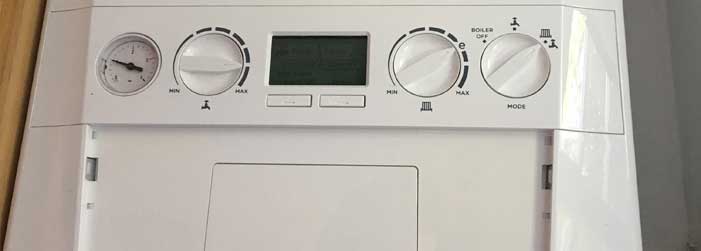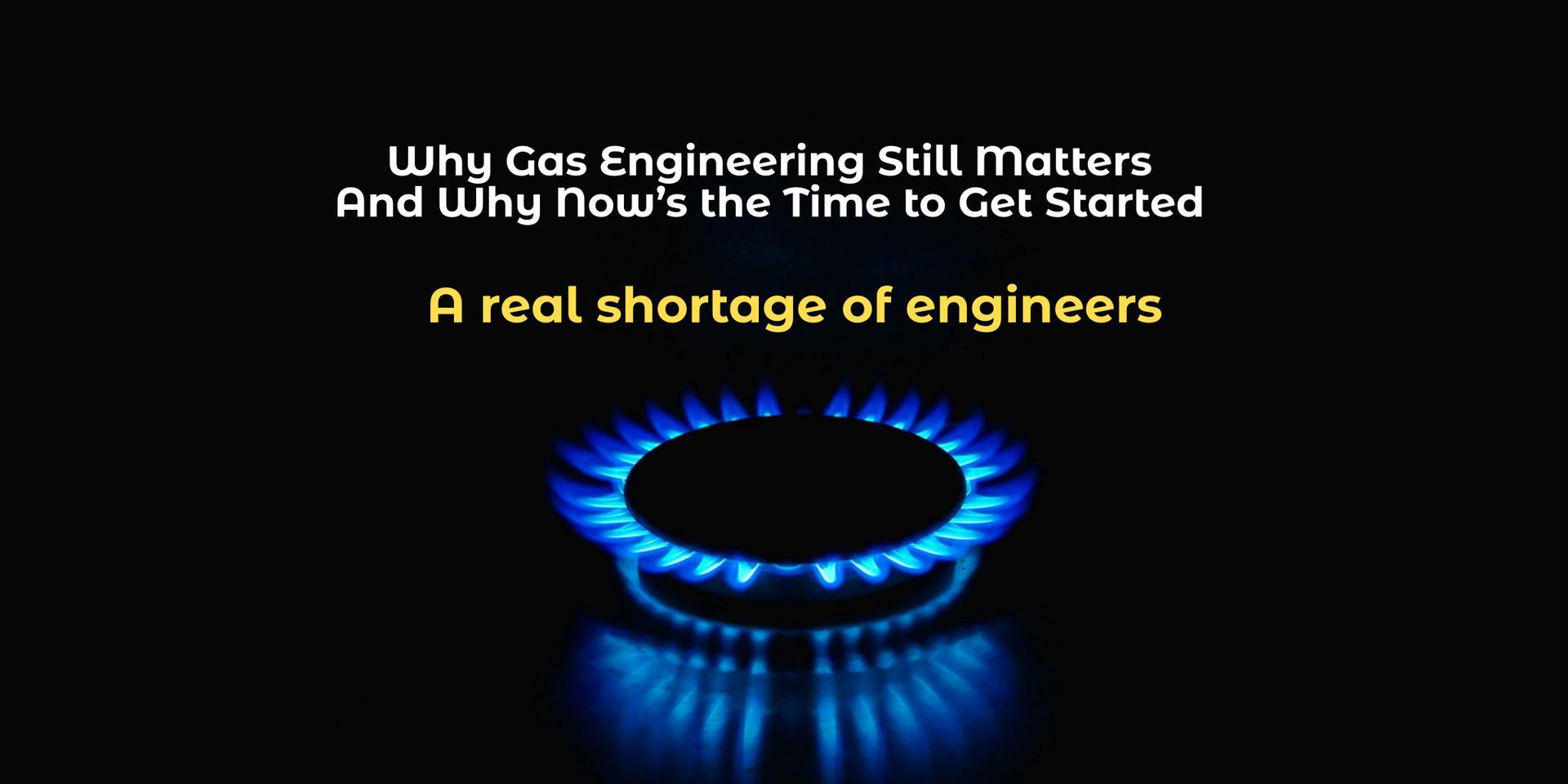Winter and your boiler – how to conserve heat to save money
Last winter was incredibly cold, which meant that gas engineers were stretched to breaking point
Summer is well and truly over. The light clothing and sandals have been packed away and the scarves, gloves and hats have come out of storage.
The temperature has already dropped considerably in just the last couple of weeks and the UK has been warned that another Beast from the East may strike this month. This could spell trouble in a myriad of ways, not least the strain boilers and gas installers are put under to ensure their customers remain safe and warm, in particular elderly and vulnerable residents.
Last winter was incredibly cold, which meant that gas engineers were stretched to breaking point trying to repair failed boilers. Sadly, some people had to wait days, and in some cases, weeks, to get their heating back on again. This is not a scenario anyone wants repeated this year.
The good news is that the gas industry is working hard to develop the technologies and fuels to meet demand. Plus, there are things that you can do to conserve heat and save money.
Energy-efficient boilers and
real-time information
Every year, manufacturers are producing boilers that far surpass older models in terms of energy efficiency. Research is currently being conducted into whether gas boilers can run on hydrogen. If this is possible, zero carbon emissions may soon be on the horizon.
In addition, smart technology has developed to the point where homeowners and installers are able to be more in control than ever before. For example, it won’t be long before manufacturers can extract real-time data from boilers, enabling gas engineers to respond to call-outs knowing exactly what the issue is and therefore be able to bring the correct equipment to fix it. This up-to-date information will also mean that boilers are far less likely to fail as engineers will know when to carry out preventative maintenance.
What you can do at home
There are a range of ways you can help conserve energy in your home.
- Regularly service your boiler – simply put, a well-maintained boiler is going to perform far better than one that hasn’t been looked after. An annual service will ensure your peace of mind.
- Replace your boiler – no, it’s not an ideal situation but if your boiler cannot keep your home warm during the winter, it will need to be upgraded. If you think you will need to invest in a new boiler, now is the time to do it.
- Upgrade your controls – are you utilising smart technology? You can turn your heating on or off wherever you are, meaning greater control, increased energy efficiency and lower bills.
- Check your radiators – how long has it been since your radiators were bled? Bleeding your radiators will eradicate air or sediment and enable them to perform far better.
- Buy draft excluders – you could have your heating on for hours but if a huge amount of the warm air escapes out of gaps and cracks in the walls, doors and windows, you’re wasting energy and money. Invest in draft excluders, keyhole covers and insulating letterbox brushes for your doors and thermal film for your home’s windows.
- Layer up your fabrics – by adding lining to your curtains, you can help retain heat in your home.
So as winter approaches, it pays to spend a little time and effort making sure your boiler is ready for the colder temperatures. By doing so now, you may very well save stress, money and a lot of discomfort down the line.
























